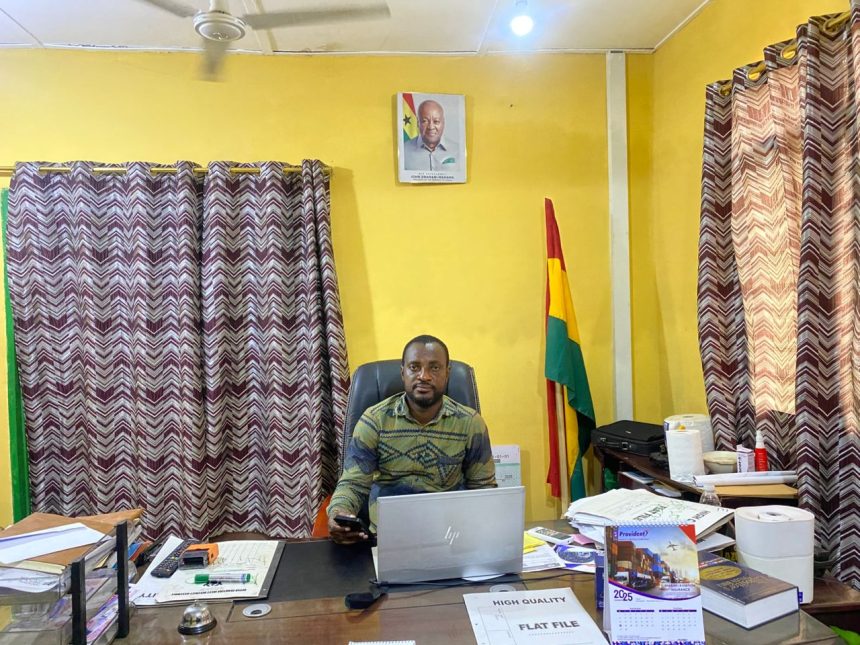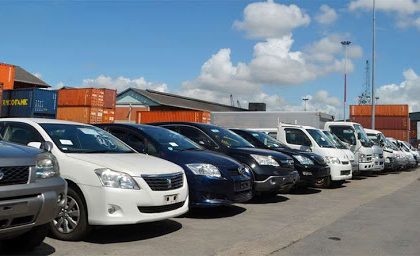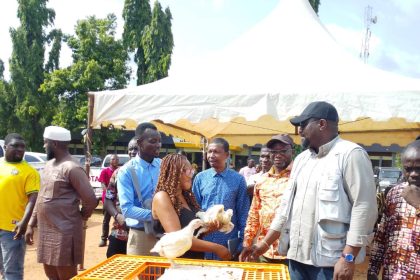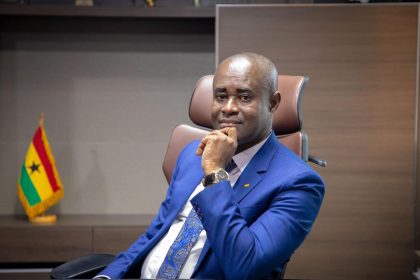The Upper Denkyira West District is preparing to unlock new economic opportunities as plans for a 24-Hour Economy market take shape.
Consequently, transport services, pharmaceutical supply chains and financial institutions have been earmarked as central pillars of the initiative.
The project, in line with government’s vision to boost productivity beyond traditional working hours, seeks to transform the district into a vibrant commercial hub capable of running round-the-clock business activities.
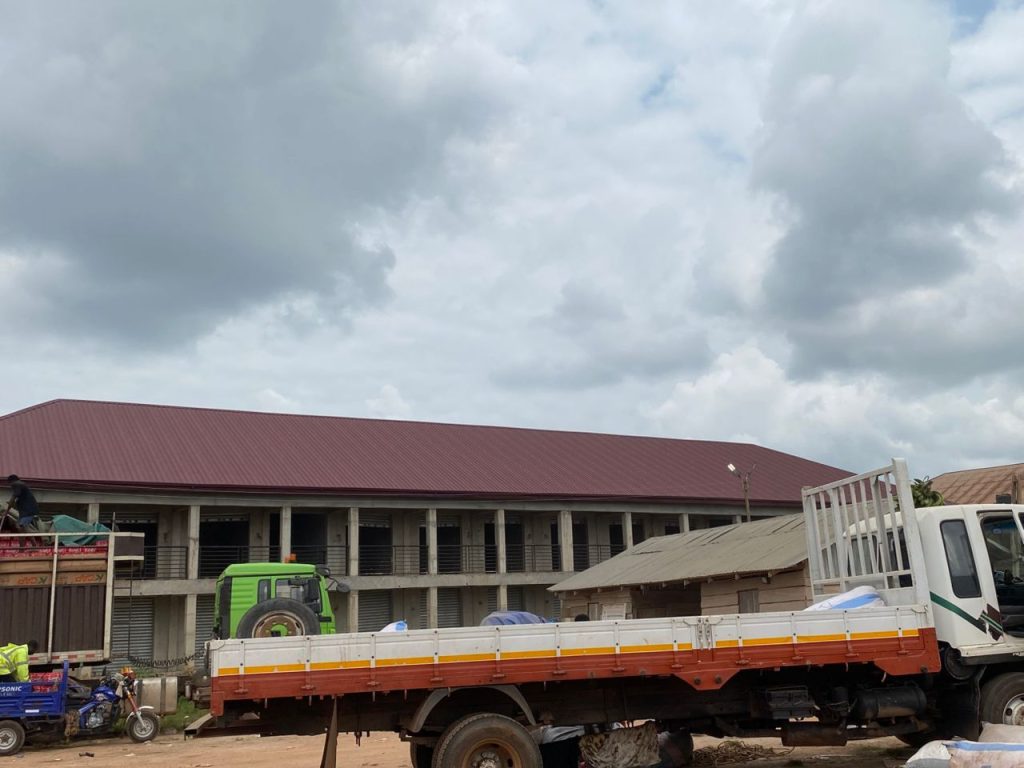
According to Mr Isaac Nsiah, the District Chief Executive (DCE), the Assembly had secured a market, and plans were underway to transform it into an ultra-modern one to meet standard for the 24-Hour Economy initiative.
They would collaborate with the local authorities and private operators to ensure improved road networks and late-night shuttle systems to help farmers, traders, and commuters move freely and safely at all hours.
Letters have been sent to the Ministry of Roads and Transport and relevant stakeholders to help fix the Dunkwa–Diaso Corridor, often busy during market days with better lighting, fuel stations, and rest stops to support night-time travel.
“This will not just connect markets but also attract investors who want assurance of efficient movement of goods,” the DCE said.
Health and wellness are also being placed at the forefront of the 24-Hour Economy to ensure continuous access to essential drugs and medical supplies.
Pharmacies are expected to run late-shift services to cater for emergencies, while collaborations with pharmaceutical companies will create jobs and strengthen the local health system.
Madam Abena Kumi, a local health practitioner, noted, “Having a 24-hour drug supply chain will save lives and reduce the delays patients face in emergencies. It will also provide business opportunities for young pharmacists and distributors.”
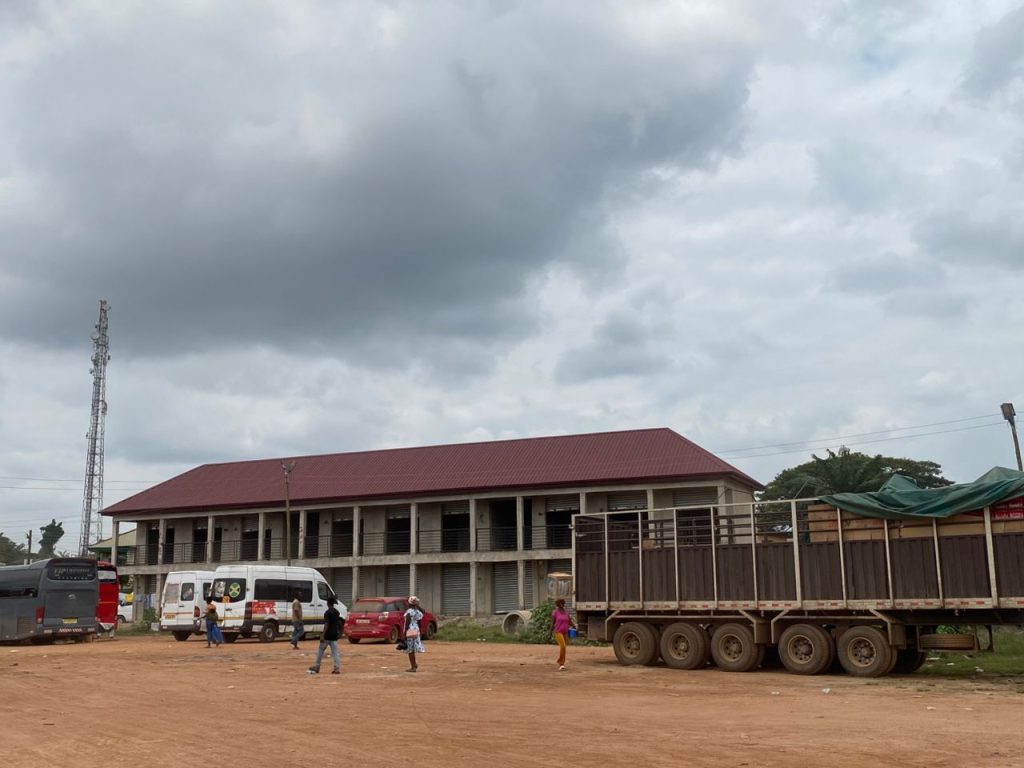
She said that to sustain the night economy, financial services would be expanded with rural banks, mobile money operators and credit unions to operate for extended hours, while digital banking platforms will provide secure, cashless transactions at any time of day.
Financial literacy programs will be introduced to equip traders and farmers with the knowledge to manage their earnings.
“We cannot run a 24-hour economy if money cannot be moved at night,” Madam Felicia Mensah, a banker in Diaso said
She added: “Our goal is to integrate financial services into every level of the market chain so that business is not interrupted by time.”
The 24-Hour Economy initiative is expected to create jobs for transport operators, pharmacists, bankers, and young entrepreneurs, while also boosting the district’s appeal to investors.
Authorities believe this will not only improve livelihoods but also reduce rural-urban migration by creating sustainable opportunities locally.
As Upper Denkyira West positions itself within Ghana’s broader economic transformation, the district is determined to prove that round-the-clock commerce is not only possible but also profitable.
GNA


